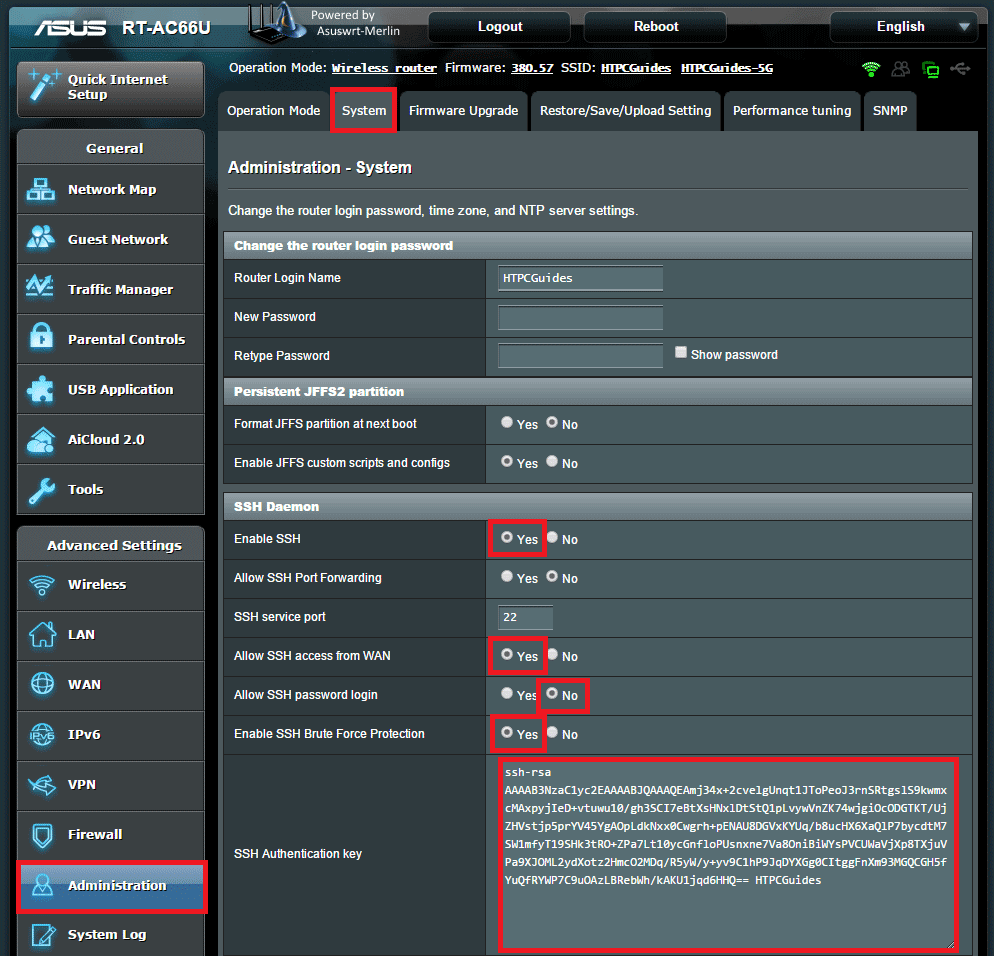

In the context of the Advantage program, Canonical’s Landscape for centralized management of Ubuntu installations is also worthy of note (see the “Landscape” box). Canonical ensures its Advantage customers both legal defense and absorption of all costs. Within the scope of the Advantage program, Canonical also optionally offers a commercial support program (Figure 1) for server, desktop, and cloud services or products.Īdditionally, Canonical offers customers a kind of insurance, dubbed “Ubuntu Assurance,” against patent claims arising from the use of Ubuntu in the scope of its Advantage program. In contrast, the enterprise versions of SUSE and Red Hat vary considerably from openSUSE and Fedora. In terms of the installation, there is actually no difference apart from the welcome screen. For one thing, Ubuntu Business Desktop Remix is available free of charge after registration, in contrast to RHEL and SLED for another, the distribution isn’t actually much different from a regular Ubuntu distribution. In version 12.04, the Business Desktop Remix became the LTS standard and is thus a potential alternative to commercial enterprise desktops by Red Hat (RHEL for Desktops) and SUSE (SLED – SUSE Linux Enterprise Desktop) thanks to Canonical’s five-year support guarantee.Ī quick check of the candidate’s features on paper shows that any comparison with the other enterprise desktops is misleading. Canonical first released this remix in version 11.10 with the aim of providing an Ubuntu counterpart to the enterprise desktop products by Red Hat and SUSE. Two weeks after the release of Ubuntu 12.04 LTS (Long Term Support) in May 2012, Canonical published the first update of its Business Desktop Remix enterprise variant.


 0 kommentar(er)
0 kommentar(er)
